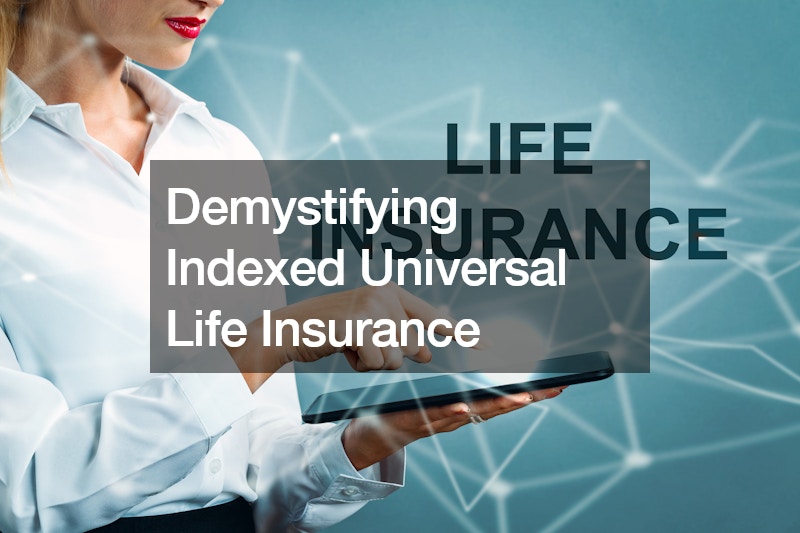
Indexed Universal Life Insurance (IUL) is a financial product that has gained attention in recent years, promising a unique blend of life insurance and investment opportunities. But what exactly is IUL, and is it worth considering for your financial strategy?
At its core, IUL combines a life insurance policy with an investment component. Policyholders pay premiums, part of which goes towards the cost of insurance, while the remainder is invested in indexed funds tied to market performance. In theory, this allows individuals to build cash value over time while also providing a death benefit for their beneficiaries.
The advantage of IUL is its adaptability to diverse financial goals and lifestyles. Unlike traditional insurance products, IUL offers the opportunity to accumulate cash value that can be accessed during the policyholder’s lifetime.
This feature provides liquidity and flexibility. IUL life insurance companies help individuals address various financial needs, from funding education expenses to supplementing retirement income.
However, critics argue that the combination of insurance and investing within a single product often leads to suboptimal outcomes. High fees and commissions can eat into potential returns, while the structure of the policy may not provide the flexibility and transparency that investors need.
One of the key drawbacks of IUL is its potential for diminishing returns over time. As policyholders age, the cost of insurance increases, which can erode the cash value of the policy and limit the benefits of the investment component. Additionally, accessing the cash value may require borrowing from the policy, which comes with its own set of costs and risks.
In contrast, proponents of term life insurance advocate for its simplicity and affordability. Term life policies provide coverage for a set period, with fixed premiums and straightforward terms. By separating insurance and investing, individuals can tailor their financial strategy to their specific needs and goals.
Ultimately, whether IUL is the right choice for you depends on your unique circumstances and financial objectives. It’s essential to carefully evaluate the costs, risks, and potential benefits before committing to any insurance product, seeking guidance from a trusted financial advisor if needed.
.




